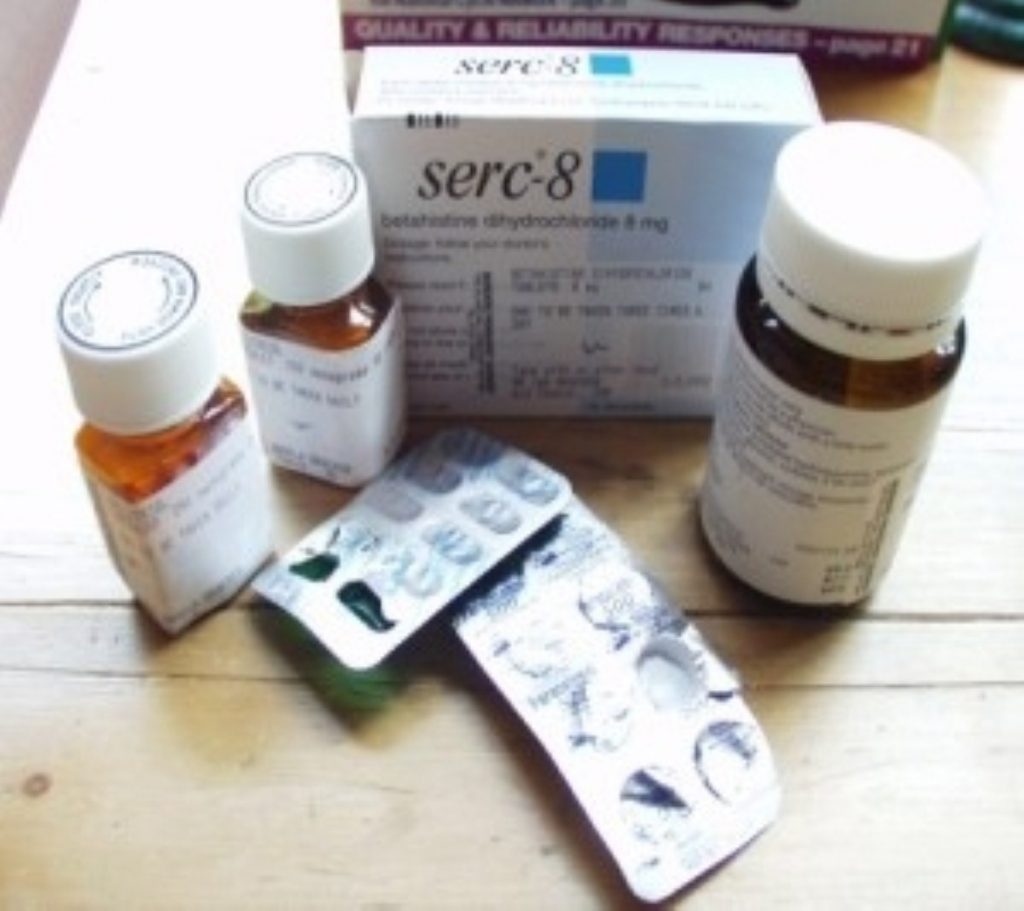WHO warns against ‘complacency’ over SARS
The World Health Organisation has claimed that the successful containment of SARS in virus hotspots such as Vietnam and Singapore has shown that the spread of the disease can be prevented before it becomes endemic.
However, Michael J. Ryan, co-ordinator of the WHO’s Global Alert and Response Programme commented: “We can’t become complacent. In fact, this is the time to intensify our efforts.”
Because there is no cure, no vaccine and no effective medication for the atypical pneumonia, the WHO is still emphasising the need for early detection, patient isolation, and contact tracing in order to reduce the number of people exposed to each infectious case, eventually breaking the chain of transmission.
But the organisation warned that one case in an unprepared hospital could trigger an outbreak, as had happened in Canada.


Vietnam has been held up by the WHO as a case study for how to fight SARS. The disease was first identified by a WHO doctor in Hanoi this March; however, there are now no known cases of the disease in the country.
By comparison, China, where the virus is believed to have originated last November, has been criticised by the WHO for covering up the extent of its outbreak, making it difficult to trace the spread of the virus.
The Chinese authorities have now co-operated with the WHO and have warned health officials across the country that they will be punished if they do not report new or suspected cases.
There have been 267 deaths from over 5,000 cases and a further 2,349 suspected cases in China, according to the WHO.
However, the number of new cases has fallen to well below 100 for each of the last five days, leading to suggestions that the outbreak is under control.
Globally there have been over 7,500 have been infected with the SARS virus and nearly 600 people have died.
There has also been good news regarding the treatment of SARS, as it was reported yesterday that contrary to current medical opinion drugs already in existence could be used to combat the SARS virus, with only minor modifications.
After working out the structure of an enzyme created by the coronavirus responsible for SARS, scientists believe that drugs could block the enzyme, proteinase, and stop the virus from reproducing itself.

